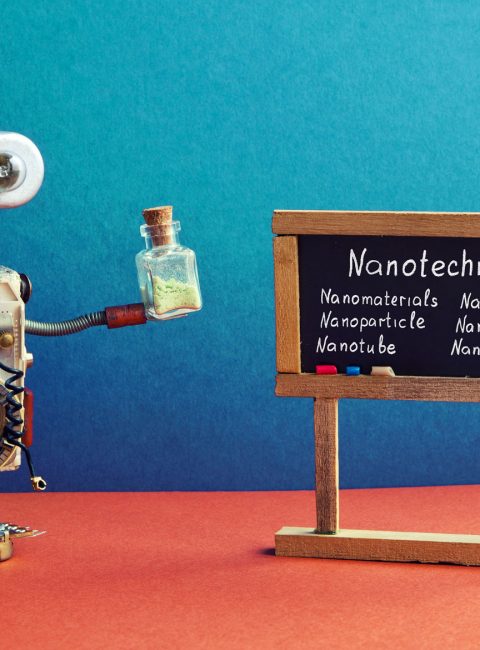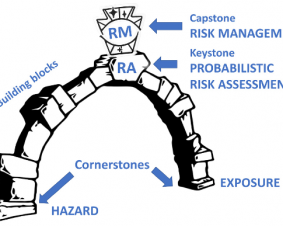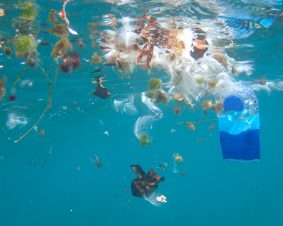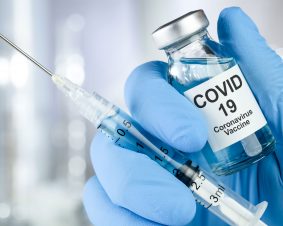 >
Spotlight January 2022: Methods, models, mechanisms and metadata
>
Spotlight January 2022: Methods, models, mechanisms and metadata
For the new year, we are presenting no “classic” paper here, but would like to point out an editorial: Methods, Models, Mechanisms and Metadata: Introduction to the Nanotoxicology Collection at F1000 Research.
This editorial introduces the F1000Research Nanotoxicology Collection, where best practices can be collected in the form of original research reports, including no-effect studies, protocols and methods papers, software reports and systematic reviews. The aim of the collection is to provide an open access platform for nanotoxicology researchers to support an improved culture of data sharing and documentation of evolving protocols, biological and computational models, software tools and datasets that can be used and built upon to develop predictive models and in-silico nanotoxicology and nanoinformatics.
F1000Research (https://f1000research.com/) is an open-research publishing platform for scientists, academics and clinicians, enabling rapid publication of articles and other research outputs without editorial interference. All articles benefit from transparent peer review and editorial guidance to make all source data openly available.
Original publication:
Lynch I, Nymark P, Doganis P et al. Methods, models, mechanisms and metadata: Introducing the Nanotoxicology collection at F1000Research [version 1; peer review: not peer reviewed] F1000Research 2021, 10:1196 https://doi.org/10.12688/f1000research.75113.1

Weitere Spotlights
Spotlight August 2021: Towards FAIR nanosafety data
In August we would like to present a paper on FAIR data. The paper published in Nature Nanotechnology in June 2021 summarises the challenges and provides recommendations for the efficient reuse of nanosafety data in line with the recently established FAIR guiding principles: findable, accessible, interoperable and reusable. This article summarises the know-how on the […]
Read moreSpotlight February 2022: Probabilistic risk assessment – the keystone for the future of toxicology
The basics of toxicology are constantly being reconsidered, and the approach to risk assessment is therefore constantly being put to the test, because, as William Osler is cited in this publication, “Medicine (toxicology) is a science of uncertainty and an art of probability“. In this recent paper, the team around Thomas Hartung (Johns-Hopkins University/University of […]
Read moreSpotlight July: Plastic Pollution and the Urgent Need for Comprehensive Action
Plastic pollution has become a significant threat to the oceans, biodiversity, and ecosystems worldwide. Despite efforts to reduce plastic consumption, escalating plastic production continues to increase the magnitude of plastic pollution in the environment. In response to this crisis, the UN-Environmental Assembly (Link) adopted a resolution in March 2022 to develop a legally binding treaty […]
Read moreSpotlight February 2021: Nanoobjects in the COVID-vaccine – scientifically correct?
The COVID-19 pandemic induces very different reactions of people on the internet (https://www.cdc.gov/mmwr/volumes/70/wr/mm7002e1.htm) and in the social networks. Without following the conspiracy theories as “5G nanochip hidden in COVID vaccines” some news as “COVID vaccines induce allergic reactions” should be scientifically recognised. The picture from the 5G-nanochip whose plan goes viral on the internet is […]
Read more


